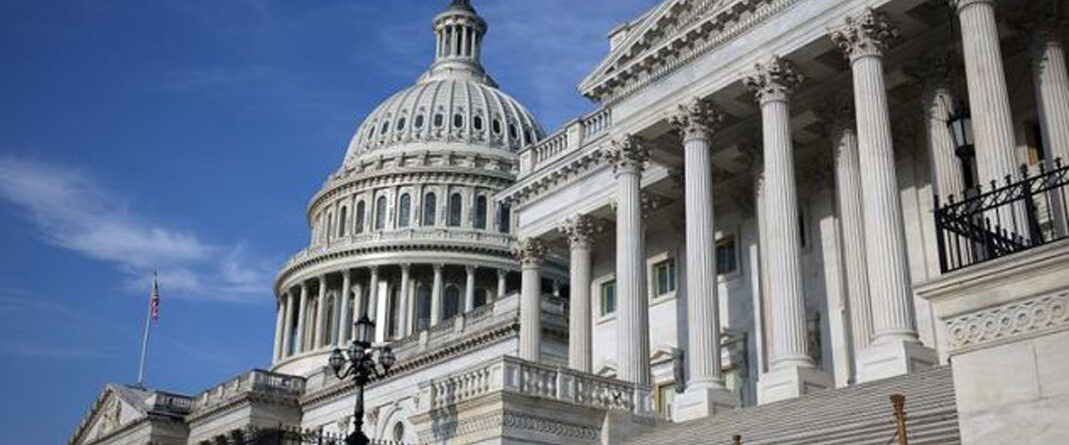US. House Democrats propose new retirement plan rules for the rich, including contribution limits and a repeal of Roth conversions
House Democrats proposed a slew of changes to retirement accounts for the rich on Monday, part of a restructuring of the tax code tied to a $3.5 trillion budget plan.
Taken together, Democrats’ reforms aim to erode the use of retirement accounts as a perceived tax shelter for the wealthy and instead promote them as a way for low- and middle-income Americans to build a nest egg.
Most of the changes would start in 2022.
Wealthy individuals with retirement accounts exceeding $10 million would be prohibited from contributing extra savings and would have a new required minimum distribution each year, according to an outline of tax legislation unveiled Monday by the House Ways and Means Committee.
The bill would also repeal so-called Roth conversions in individual retirement accounts and 401(k)-type plans for those making more than $400,000 a year. It would also prevent savers from using the “mega-backdoor Roth” strategy, regardless of income level.
Further, the legislation would prohibit individual retirement accounts from holding investments that require buyers to be accredited investors, a status generally reserved for wealthy investors.
The proposals are part of a broader theme of raising taxes on those who earn more than $400,000 a year to help pay for education, climate, paid-leave, child-care and other measures while also making the tax code more equitable.
Read more @CNBC
465 views










